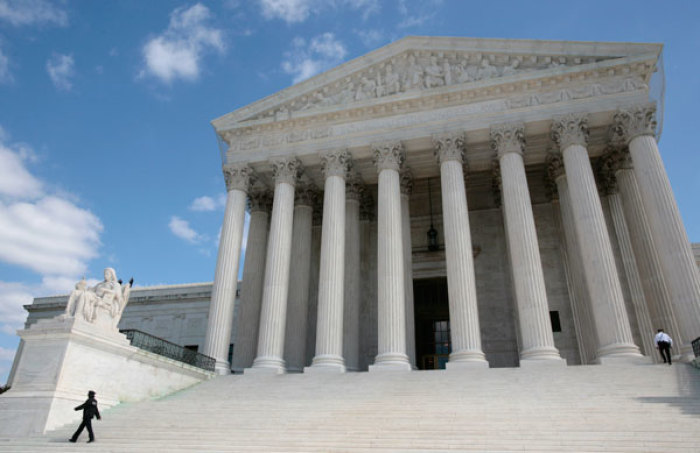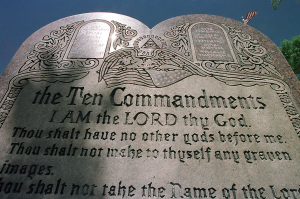Supreme Court voids lower court ruling that allowed temporary abortion ban in Texas

The United States Supreme Court has reversed a lower court decision that upheld a temporary ban on nearly all abortions in Texas, asking the appellate court to dismiss the case as moot.
The Supreme Court granted the petition of Planned Parenthood and other abortion clinics to reverse a ruling from the Fifth Circuit Court of Appeals that upheld an executive order from Gov. Greg Abbott, R-Texas, banning most abortions in an effort to free up hospital space for coronavirus patients. The Fifth Circuit's ruling itself reversed a judge's ruling at the district court level. Abbott's executive order came in March 2020, a time when most U.S. states had implemented shutdowns of varying intensity in an effort to curb the spread of the coronavirus.
According to the petition, Abbott's executive order, referred to as GA-09, "effectively banned" medication abortions and surgical abortions despite the fact that "medication abortion utilized no PPE, and procedural abortion required only minimal PPE." The stated purpose of GA-09 was to "conserve hospital beds and personal protective equipment."
Petitioners accused Abbott and other state officials of "attempting to wield GA-09 as a blanket ban on nearly all pregnancy terminations." The executive order banned "all surgeries and procedures" that were "not immediately medically necessary." Surgeries and procedures that did not require the use of personal protective equipment, which was in short supply at the time, were exempted from the executive order. The abortion clinics asserted that they should have fallen into that category.
Gov. Abbott issued a new executive order in April 2020 to replace his previous executive order, which was set to expire April 21. The new executive order "permitted surgeries and procedures in facilities that certified they would reserve at least 25% of their hospital capacity for COVID-19 patients and would not request PPE from a public source during the COVID-19 disaster."
Following Abbott's issuance of the second executive order, referred to as GA-15, "providers advised the district court and court of appeals that they expected to qualify for GA-15's new exception and be able to resume abortion services." Petitioners alleged that state officials initially "refused to confirm whether they agreed the exception to GA-15 applied to providers."
After acknowledging that state officials "made clear their view that providers could resume providing abortions under GA-15" and that "providers have resumed providing abortions, and Governor Abbott has not issued further executive orders restricting their ability to do so," petitioners admitted that the issues at hand "became moot before providers could seek this Court's review."
"When, as here, an appeal becomes moot 'while on its way' on the way to this Court, this Court's 'established practice' is to 'vacate the judgment below and remand with a direction to dismiss,'" they wrote. The petitioners expressed a desire for the Supreme Court to do just that, which it did in its Monday ruling.
The plaintiffs cited disagreements among four appellate courts on "the appropriate standard for reviewing constitutional challenges adopted in response to a public health disaster" as one of several reasons why the court should vacate the judgment. The petition cited several cases that came before appellate courts throughout the pandemic challenging restrictions on in-person worship services.
The petition was written in September, two months before the Supreme Court's decision in Roman Catholic Diocese of Brooklyn v. Cuomo, which blocked coronavirus worship restrictions in New York State. Since the November decision, lower courts have ordered cases challenging worship restrictions to be reheard of in light of the ruling. Abortion advocacy groups see the right to abortion as equivalent to the freedom of worship guaranteed by the First Amendment.
Petitioners contended that appellate court rulings finding that restrictions on in-person worship services violated the First Amendment were at odds with the Fifth Circuit's ruling upholding Abbott's executive order, which maintained that the state had broad power to impose restrictions on "any individual right" during a public health emergency. They explained that guidance from the Supreme Court was "warranted to ensure that broad precedent is not immune from review because of mooting events in which providers played no role."




























